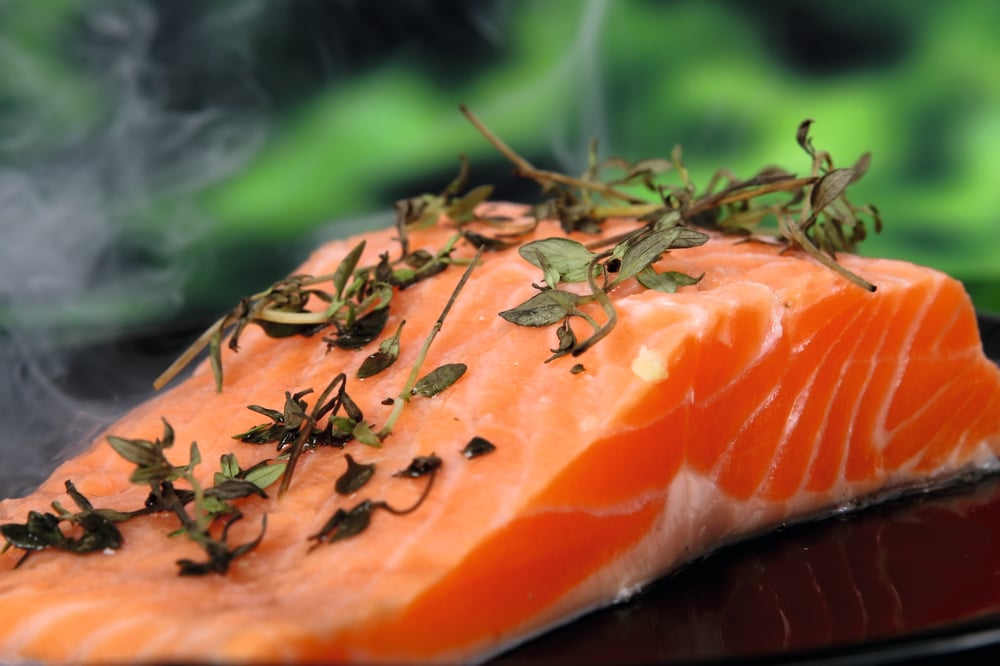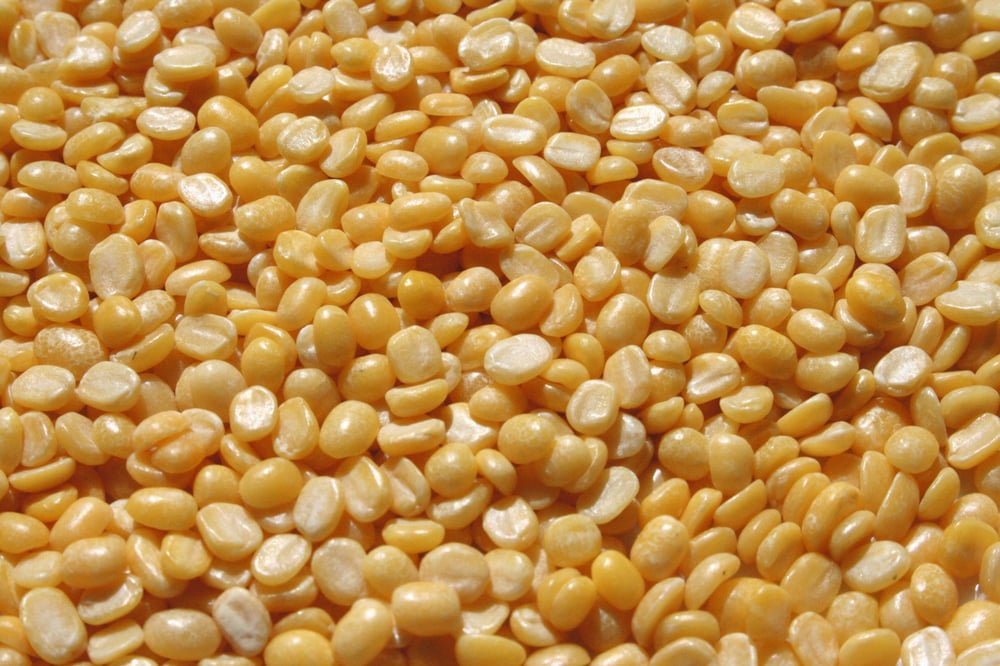
Issue 065
August 2010
In the quest to increase muscle, hours and hours in the gym need to be matched with hours and hours in the kitchen and at the dinner table.
Picking the appropriate muscle-building foods will help you to pack on size as fast as possible. Obviously, a balanced diet is fundamental, and no single food holds the key to success. The foods below have been chosen on price, availability, convenience and muscle-building prowess.
Basic: Hopefully, as mainstay muscle-building foods, the items below already make frequent appearances in your shopping cart.
OATS
Building muscle isn’t exclusively about continually increasing protein; a balanced fuel is required for intense workouts. Ideally, during the day, this fuel should come in the form of slow-digesting carbohydrates. Oats can be made with water or milk and a variety of sweeteners such as fruit, honey or jam. 100g of oats provides about 390kcal comprised of 66g of carbohydrate, 17g of protein and 6g of fat.
CHICKEN
To build muscle, regular servings of protein are needed throughout the day. Chicken breast provides a lean source of protein – some foods that are high in protein are high in fat (especially saturated fat), but 100g of chicken breast contains over 20g of protein with minimal fat.
COTTAGE CHEESE
Cooking isn’t always possible, which rules out meat or fish as a protein source. Cottage cheese provides a convenient source of protein. It contains a high amount of casein (a slow-digesting protein) making it ideal to eat pre-bed or when it may not be possible to eat regular meals. The low fat choice (about 1.5%) is the best option for those wanting to control calories and fat content. Price-wise, cottage cheese is very cost-effective: 300g costs around two dollars and provides 36g of protein.

SALMON
As well as being a good source of protein, salmon is also an excellent source of Omega 3 essential fats. Omega 3 has a whole host of health benefits as well as helping to reduce inflammation. Frequent training can lead to inflammation; improving your Omega 3 to Omega 6 ratio (ideally 1:3) can help to reduce this. Salmon contains around 2.5g of Omega 3 fatty acids per 100g.
Novel: While the foods above may make regular appearances in your shopping cart, the foods below are slightly less common but still make great choices for muscle building.
QUINOA
A grain that is comparatively high in protein. Quinoa is a good source of the essential amino acid lysine as well as a range of vitamins and minerals.

LENTILS
A legume that provides a good source of fiber, needed for healthy digestion. Lentils also contain a good level of protein. They can be used to make a high-protein soup, and provide a protein source outside the typical meat and fish.
WILD YAM
Anecdotally, wild yam is considered to be great for increasing muscle. Mexican wild yam contains diosgenin, which some feel has anabolic properties. Wild yams are typically either roasted or boiled.
SWEET POTATO
Providing a good source of slow-releasing carbs, along with fiber, vitamins and minerals, sweet potatoes make a great choice for building muscle. They can be baked, mashed, or you could even try sweet potato chips!
A combination of the foods listed above will aid your quest in the kitchen and at the dinner table; now to get to the gym!
How much protein is enough?
A lack of quality protein will result in loss of muscle tissue and tone, a weaker immune system, and slower recovery and lack of energy. If your goal is to put on muscle while maintaining definition and tone, extra protein from high-quality sources is a must.
Fighters need more protein than the average person because of the demanding physical training they engage in on a daily basis. On a daily basis, aim to ingest 1g of protein for each pound you weigh, so if you’re a 200lb male, eat 200g of protein every day. This can be done by eating a whole protein source with each meal – if you struggle to obtain enough due to your lifestyle, a quick protein bar or shake is the best way of hitting your daily target.










